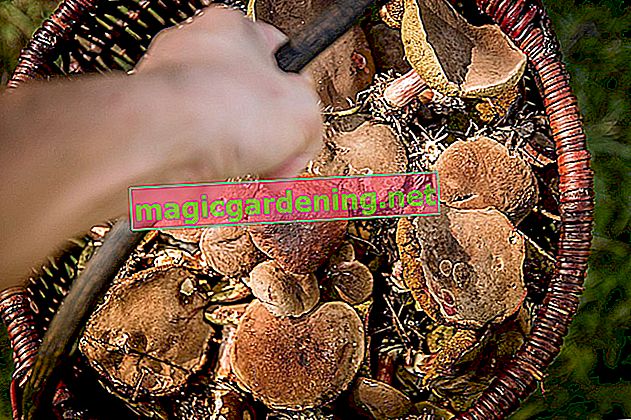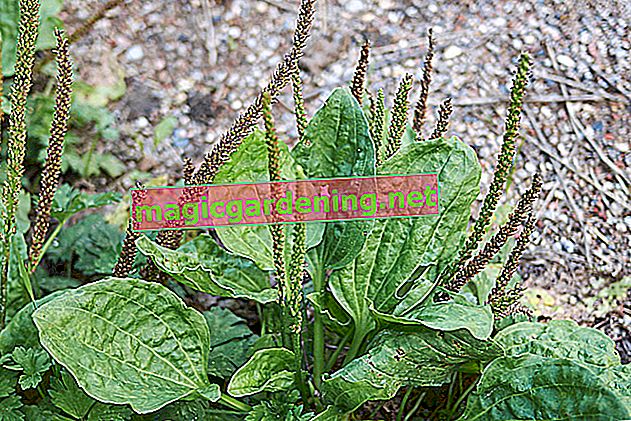
Toxic in lethal dimensions
The knight's star is truly not a plant of half measures. This applies to its unique blossoms in the middle of winter as well as to its special care requirements. So it is hardly surprising that the onion flower has an exorbitant toxicity level. The alkaloid lycorine in particular causes these symptoms of poisoning:
- Violent nausea followed by vomiting
- Heavy sweats
- Drowsiness to cardiac arrhythmias and paralysis
also read
- Is the amaryllis poisonous to humans?
- This is an ideal way to overwinter an amaryllis
- Is the amaryllis poisonous to my cat?
The concentration of toxins in an onion is so high that consuming just a few grams can have fatal consequences. This applies to both humans and pets, especially cats and dogs. A knight's star has no place in a family household.
Please avoid skin contact
The toxins of an amaryllis have their fatal effects not only as a result of oral ingestion. If your skin comes into contact with the sap, there is a risk of extremely unpleasant irritation, swelling and inflammation. Therefore, please wear protective gloves for all planting and maintenance work.
Dispose of clippings carefully
One of the central maintenance measures on the knight's star is regular cutting. Please only dispose of the withered flowers and leaves on the compost if no animals can attack them.
Tips
At first glance, the mighty amaryllis onion with its brown skin looks very much like a vegetable onion. Store a knight's star during its autumn rest period in the dark cellar so securely that it cannot be mistaken for onions.








